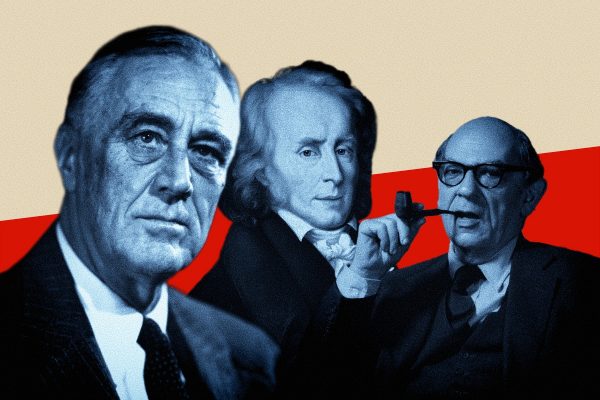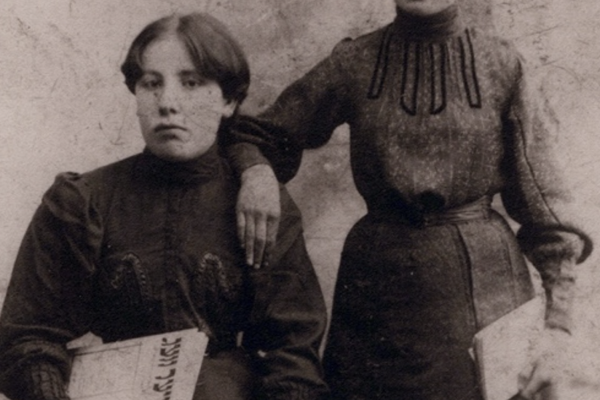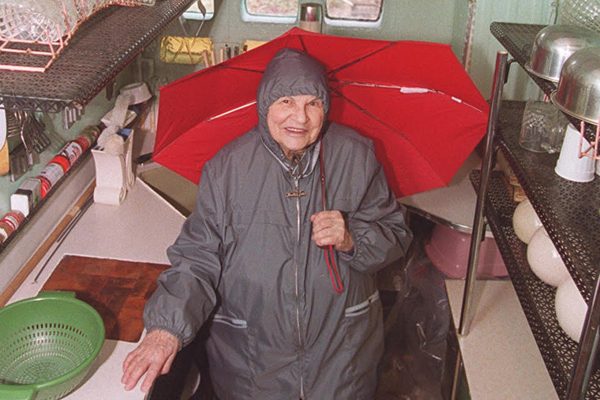Sheila Jasanoff has provided an expansive and nuanced rumination on our pandemic predicament, with many important insights on science, politics, and the meaning of public health preparedness. From the Maginot Line in World War II to the levees and floodwalls in New Orleans during Hurricane Katrina, history is replete with examples of fortifications and preparations that offered the appearance of precaution and readiness, only to succumb ignobly in the heat of battle. But rather than a deficiency of material integrity, Jasanoff notes, the collapse of the U.S. public health response in the face of COVID-19 owes more to the soft capacities of trust, leadership, organization, and will. The Afghan army in the summer of 2021 seemed formidable when judged by advanced weapons and numbers of soldiers but proved to be a proverbial “paper tiger” by evaporating overnight when challenged militarily. The United States’ vaunted public health infrastructure suffered a similar humiliation from a rot that likewise could not be seen in tallies of personnel and material resources.
Still, I am not convinced that humility is the right focus; making the issue a matter of personality traits can distract us from the historical and material origins of our present crisis. Jasanoff appeals to classic morality tales of arrogance humbled, but these parables of comeuppance do not properly acknowledge the ideological roots of our current disaster. For example, she says of the Cuban Missile Crisis and U.S. defeat in Vietnam that these predicaments arose because “we embraced preparedness when we should have opted for precaution.” But let’s not forget that these crises emerged in the context of the United States extending its imperial hegemony. Can one practice empire with humility? It is even more important to bear in mind that postwar U.S. empire was an ideological struggle pitting free-market individualism against the supposed evil of communism. What made leaders like Fidel Castro and Ho Chi Minh anathema to the United States was their professed commitment to a political and economic order in which collective action was the foundation of social progress. It is exactly because of the U.S. inability to unseat their regimes that some semblance of communitarian values persists in those countries. One potential consequence is that while the United States suffered over 244 excess deaths per 100,000 population since March 2020, cumulative excess deaths have totaled only 93 per 100,000 in Vietnam and 150 per 100,000 in Cuba, despite being substantially poorer countries.
I am therefore suspicious of Jasanoff’s claim that “the mistake . . . was to overestimate the certainty of our predictions and our capacity for control.” Governments that have done a much better job of controlling the pandemic, including Taiwan and New Zealand, did not succeed because their officials are more humble, or less certain in their predictions. I think rather that the United States reaped what it sowed, and what it sowed with such relentless fervor was a virulent opposition to social reciprocity, to any sense of a common and mutual commitment to one another as members of a shared community. Such communitarian values are exactly what are needed to weather the storm of a pandemic, to work with collective purpose and a sense of shared vulnerability and mutual respect. The simple truth is that the United States has a weak ideological commitment to public health exactly because it is public. The U.S. Achilles’s heel is not lack of humility; it is a toxic social ideology rooted in a blind obsession with individual freedom.
This forum is featured in Uncertainty.
Another key moment in the U.S. war against communal commitments arose in the backlash to the victories of the civil rights movement. By the middle of the twentieth century, the United States had generated a vast infrastructure of public spaces, amenities, and institutions, including schools, universities, hospitals, parks, and swimming pools. The response across the country but especially in the South was to eviscerate these facilities rather than share them across the color line; what followed was an explosion of privatized institutions and services. For the last forty years, U.S. neoliberalism has steadily eroded public goods in the name of individual liberty. As an outlier among rich countries for its low social investment—including its lack of universal health care—the United States was uniquely positioned to flub any important public health challenge.
In this climate of relentless assault on the collective, it is not surprising that the United States also lacks shared values. Jasanoff’s discussion of the precautionary principle focuses on uncertainty over risks, but the real problem is profound disagreement over values. Suppose we have some metric of human thriving. Is it better to aim for this measure to be as high as possible on average, or should we prefer instead to minimize the risk of anyone falling below some critical lower value? Answering this question requires a value judgment. What explains the difference in pandemic response between, say, Germany and Texas is not differing levels of certainty about how to act but a fundamental disagreement about priorities. Jasanoff points to the governors of Florida and Texas who “went to war against their own cities and school districts to prevent masking orders for students from taking effect.” Contrasting this with Harvey Fineberg’s editorial from April 2020, she suggests that this is “not exactly a picture of efficient, centralized high command in action.” Except that it is. It is just that the governors of Florida and Texas have a very different set of priorities and values from those that Jasanoff embraces.
Pandemics are fundamentally problems of collective action: infection is a shared risk, not a private one. My risk of disease is lowered when you are vaccinated, and vice versa. Everyone’s fate is in everyone else’s hands. Jasanoff references this fact when she notes that “securing public health and public safety requires human beings to give up aspects of their liberty in the interests of a common good.” But again, the problem is that we don’t agree on this priority, not that we are too certain in our evaluations of risk.
The root of “humility” means “of the earth,” and I agree with Jasanoff that we could all do better to stay grounded, conscious of our humble natures, fragilities, and interdependence. Yet this injunction should not blind us to the more pressing challenge we are up against. There has been a relentless ideological war, beating ruthlessly against any vestiges of collectivism that might linger in our hearts, pulling people apart from one another and thus making them vulnerable to exactly this crisis. The human toll has been horrendous, but in the United States, it is just the cost of doing business. Changing that will require a political movement, not just a better attitude.








